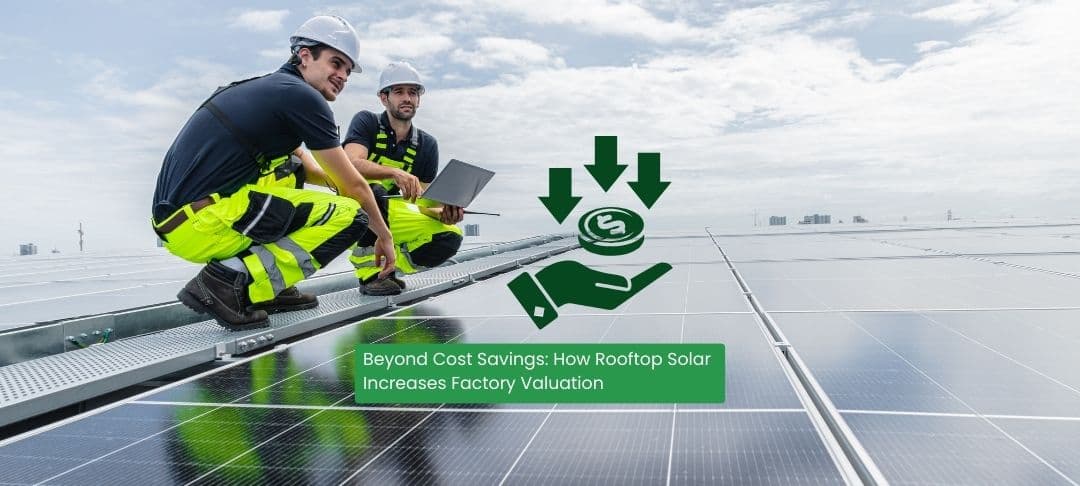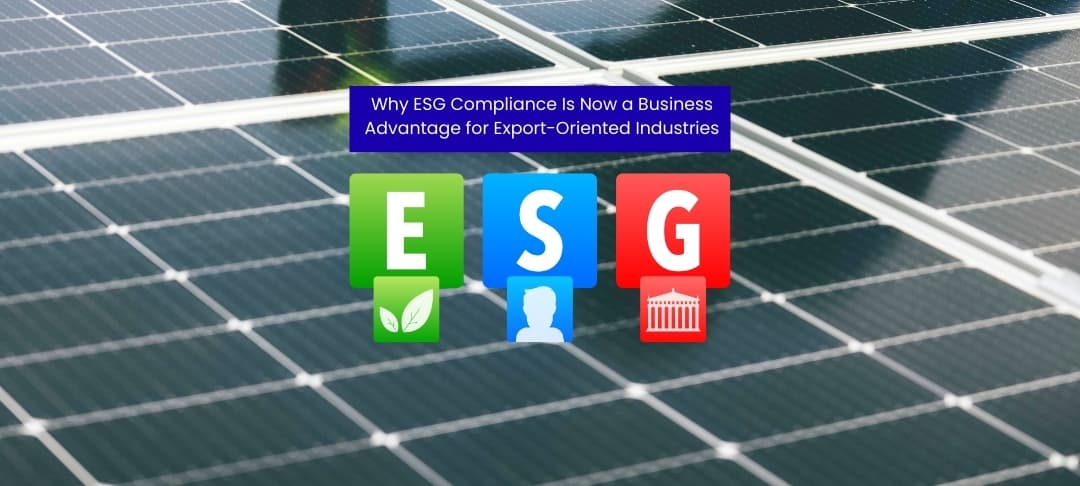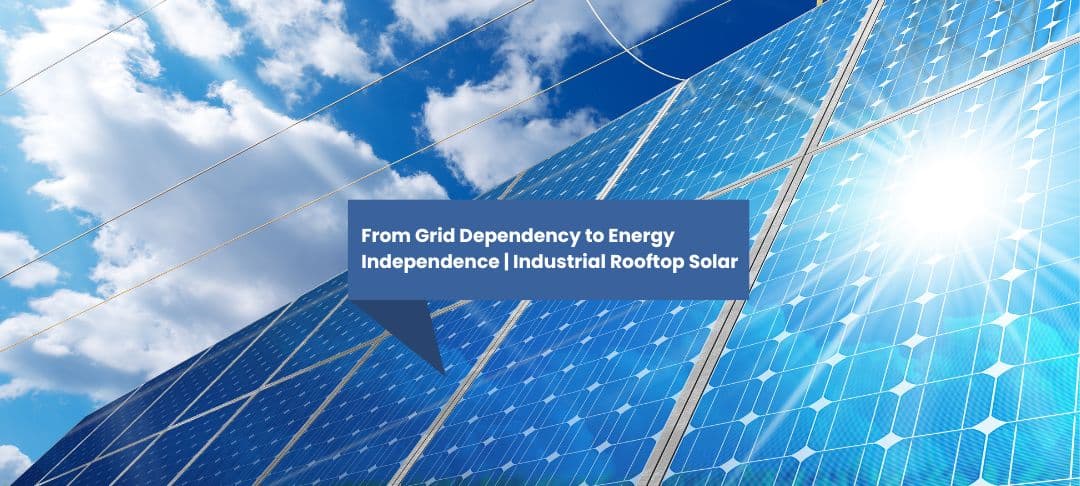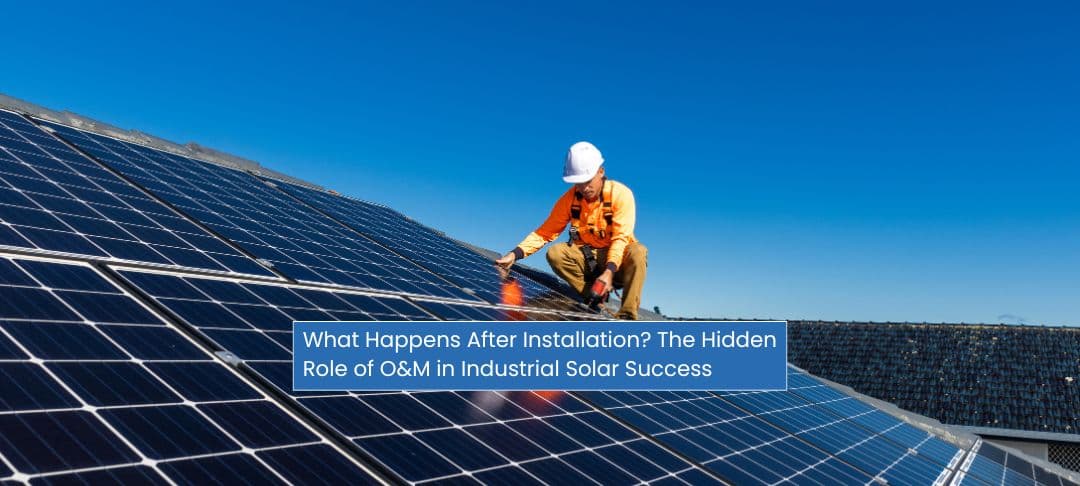Why the World Still Uses Fossil Fuel
Published at - August 24, 2021
If you are living in a modern society where urban civilization and industrialization are shaping your life, let me ask you some questions. Do you use solar systems as a source of electrical energy? Is solar energy the only source of your energy? Do you use fossil fuel? Do you use both? Which is better?
The Earth intercepts a lot of solar power each day, nearly 173 thousand terawatts. These are the primary power sources of the planet we live on. Animals and plants feed on this power, and so do we. However, only we can generate electricity from this power. Unlike fossil fuel, solar power is reliable, sustainable and good for the environment. However, in the discussion of preference, we tend to rely more on fossil fuel than solar power. Solar Power consists less than 3% of the world’s total electrical power. On the other hand, more than 80% of our total energy is derived from fossil fuel.
This article will try to explore the reason behind why we prefer fossil fuel over solar energy.
Why is Fossil Fuel used more Preferred than Solar Power?
The previous discussion makes it obvious that the world is still preferring fossil fuels over solar power. But why does the world rely on a power which is more costly, bad for the environment and not sustainable? There are more than one factors at play.

Business Factors:
Many big and influential business people enjoy profits from fossil fuel. Many mills and factories are run by it and to maintain the status quo, they harshly prevent alternative sources of energy. These conglomerates do not necessarily campaign against solar energy, but they promote fossil fuel and influence the government to support fossil fuel. Consider the coal countries of the United States of America and think how they influenced the presidential election of 2017. Fossil fuel is more profitable. It may burn the resources and degrade the environment, but it gives a quick and immediate result. It can also take less space than solar power and be more reliable. Therefore, businessmen prefer fossil fuel more than solar panels. However, this situation is changing now. As climate change and pollution are becoming more and more visible, the world is looking forward to replacing fossil fuel with renewable energy. Many countries provide subsidies to renewable energy and even made the usage of renewable energy compulsory to a limited account in some cases.
Political Factors:
Political factors are often influenced by business factors as I told before. There are also countries rich with minerals that fight for fossil fuel to maintain cross-border businesses. However, increasing pressures from international communities, global civil societies and NGOs made many nations rethink their policy and give some space to alternative energy.
Shortage of Space:
Speaking of a more technical approach of constraints, the world is short of spaces and a solar plant needs spaces to operate. Here, both developed and developing nations face problems. Developing and underdeveloped overpopulated nations can’t afford free spaces to install solar plants that may be sufficient for the national demand. On the other hand, cities of developed nations, although can afford the spaces, don't choose to do so. They consider open spaces important for civic life and therefore are reluctant to use spaces for solar energy.
Climate and Geographical Adversity:
Not every place is good for the solar system to work. Solar energy is unevenly distributed on the planet. Some places are sunnier, while others are less sunny. For instance, take polar regions for account. The cities in the polar regions often faces polar nights- a phenomenon where the nighttime lasts for more than 24 hours. Will it be a good idea to implant solar panels there? There are also climate factors like heavy snowfall, tropical rains, overcast sky which makes solar electricity generation highly uncertain. Of Course we can set solar panels in sunnier parts of the region and transport the electricity to less sunny parts. However, it may not be beneficial. Often, cost may overrun the benefits. Also, some places have geographical barriers like huge mountains, woods, sea, rivers and lakes, making transportation of electricity highly difficult.
Lack of Knowledge:
Lets face it, all the problems described before could be tackled one way or another. So what's stopping the solar revolution is nothing but the lack of knowledge. People choose the easy option and use the fossil fuel provided by the national grid. They often don’t think about how sustainable a solar plant would be. This may be a result of the lack of knowledge and awareness. Also there are people who know all about solar but are reluctant to use it. It is caused by the social influence and the sense of conformity.
After all, using fossil fuel is an established practice and it will take a great deal of time to alter it.
These are the reasons why fossil fuel gets more attention than the solar system. However, can the world completely rely on solar energy, replacing fossil fuel? That’s an important question to consider.



